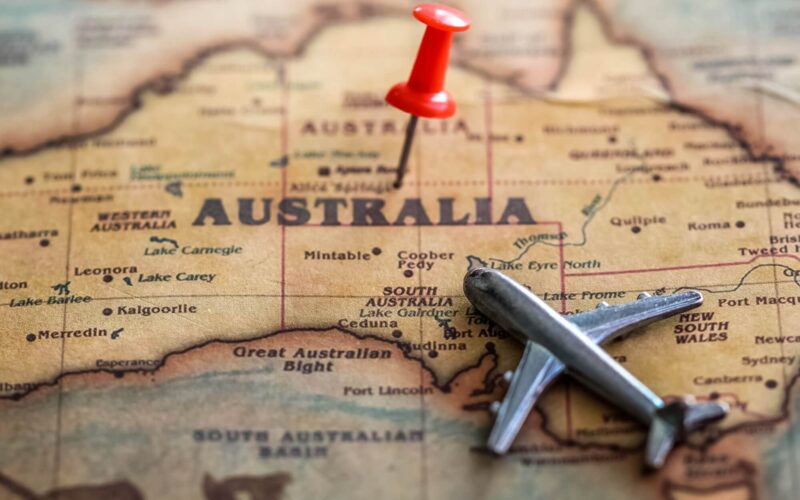In its most recent Airline Competition in Australia report, the Australian Competition & Consumer Commission (ACCC) warned that it will monitor airlines’ behavior due to the fact that while demand remains high, capacity has still not caught up to it, resulting in high ticket prices.
The concern, according to the ACCC, is that domestic airfares have gone well past levels seen prior to the pandemic, with airlines trying to cash in on demand without adding enough seats onto the market to cover it.
“Airfares have risen due to strong demand for travel and constrained supply as airlines have scaled back their schedules in response to high jet fuel costs and operational challenges,” said Anna Brakey, the ACCC’s Commissioner. According to Brakey, the “historic lows and highs for discount airfares in the same year illustrate how changeable this market has been as the industry recovers”.
However, the commissioner warned that while the authority understands the challenges airlines have been facing, whether that’s labor shortages or high fuel prices, the ACCC “will be monitoring them closely to ensure they return capacity to the market in a timely manner to start easing pressure on airfares.”
According to the ACCC, Qantas Group, Virgin Australia, and Rex Airlines all expect to end the financial year in June 2023 profitably.
“In the current climate of high airfares, competition is more important than ever in helping to constrain prices, and giving consumers more choice,” Barkey indicated. According to the ACCC’s report, airlines earned 27% more revenue per domestic passenger in October 2022 compared to the same month in 2019. International routes are also inflated due to the same reasons, namely crew shortages, supply constraints, and rising fuel prices, as well as reduced competition. The authority’s report noted that in September 2022, 44 airlines flew internationally in and out of Australia, compared to 58 three years prior.
Domestically, the Qantas Group remains dominant, with 61.1% of the market share on intra-Australian routes (38% Qantas, 23.1% Jetstar). Virgin Australia handled 33.6% of the total domestic traffic, while Rex’s market share was 5.3% at the end of October 2022.
Still, all three groups improved their operational reliability. While the industry-wide flight cancellation percentage was 6.4% in July 2022, by the end of October 2022, the number dropped to 2.0%. Delayed arrivals dropped from 45% to 30.7% during the same period.

